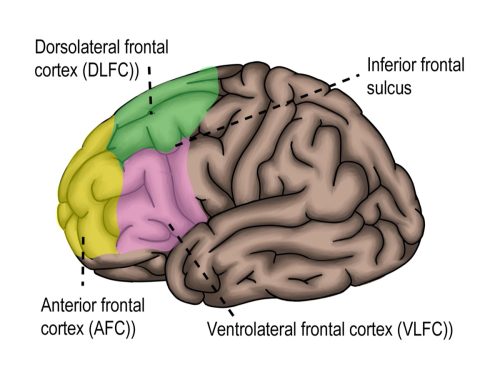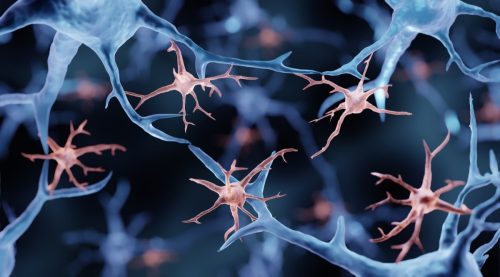Scientists Have Identified a Brain Cell That Makes Humans Special. But It Also Leaves us Vulnerable to Schizophrenia, Autism, and Epilepsy.
The "Core Component of Human Identity."

Although it's been studied for centuries, the human brain is still largely a mystery to scientists. They don't fully understand what causes many conditions of the brain, from depression to dementia. But researchers are uncovering new clues all the time, and scientists at Yale recently discovered a brain cell that may be a key piece of numerous puzzles—it's a cell that makes humans distinct from other primates, but could also cause many disorders of the brain. Read on to find out what it is, and what it could mean.

In the journal Science, researchers reported that certain brain characteristics that are specific to humans—and make us capable of higher functioning—could also make us more susceptible to mental illness. The researchers compared brain cells from the dorsolateral prefrontal cortex, the part of the brain associated with higher cognition in humans and several primate species. Here is what they found.

They found that 109 cell types were shared by all species. But five were not, including a microglia (a type of brain immune cell) that was present only in humans. That microglia contains a gene, FOXP2, which is associated with communication difficulties, autism, schizophrenia, and epilepsy.

Researchers have been aware of and have studied FOXP2 for many years. But its exclusivity to this part of the brain wasn't known until now. "Today, we view the dorsolateral prefrontal cortex as the core component of human identity, but still we don't know what makes this unique in humans and distinguishes us from other primate species," said Nenad Sestan, a Yale professor of neuroscience and lead senior author of the paper. "Now we have more clues."

It's possible that the microglia and genes like FOXP2 evolved in response to the challenges of being human. "We humans live in a very different environment with a unique lifestyle compared to other primate species; and glia cells, including microglia, are very sensitive to these differences," said Sestan. "The type of microglia found in the human brain might represent an immune response to the environment."

"FOXP2 has intrigued many scientists for decades, but still we had no idea of what makes it unique in humans versus other primate species," said Shaojie Ma, a postdoctoral associate in Sestan's lab and co-lead author. We are extremely excited about the FOXP2 findings because they open new directions in the study of language and diseases."














